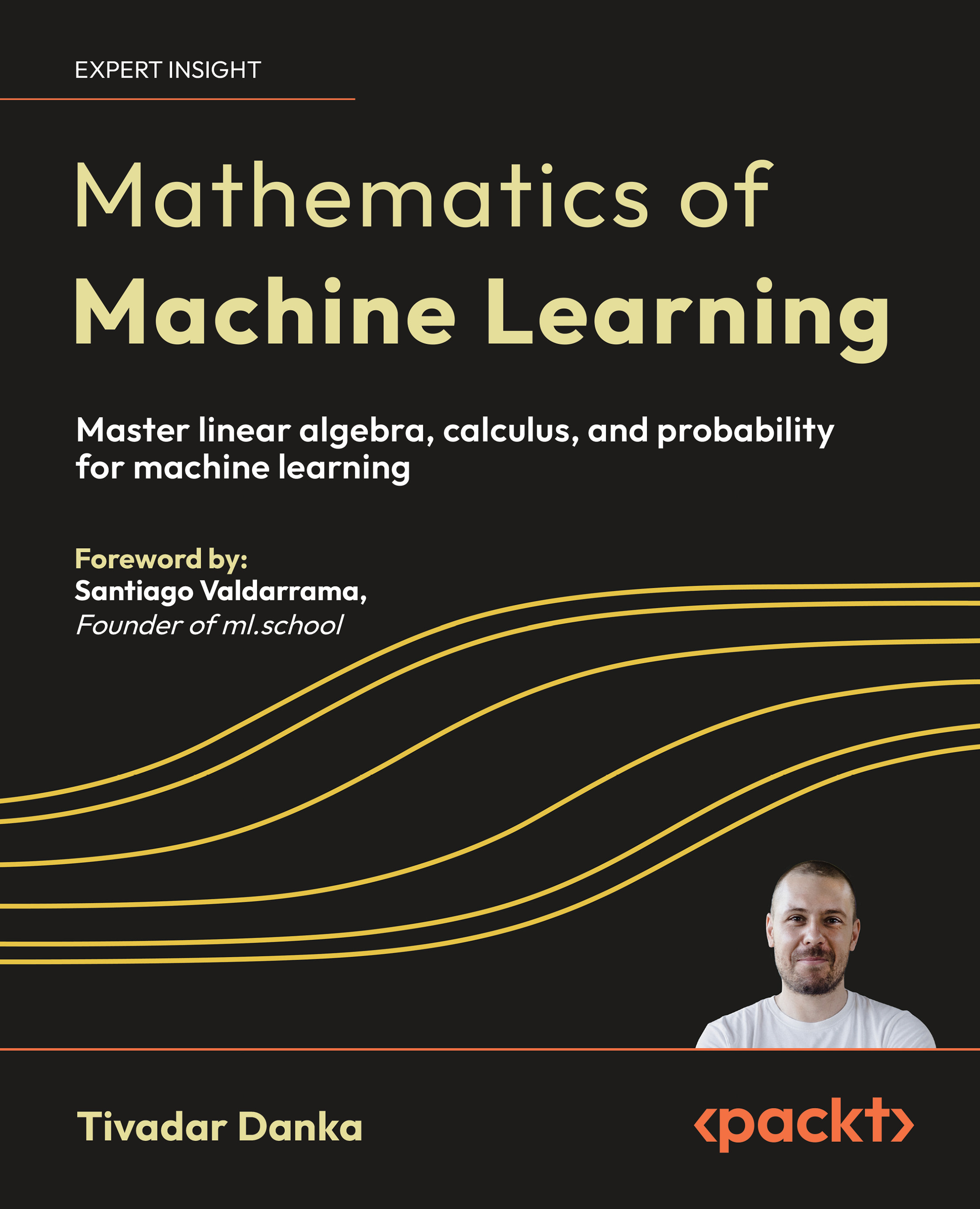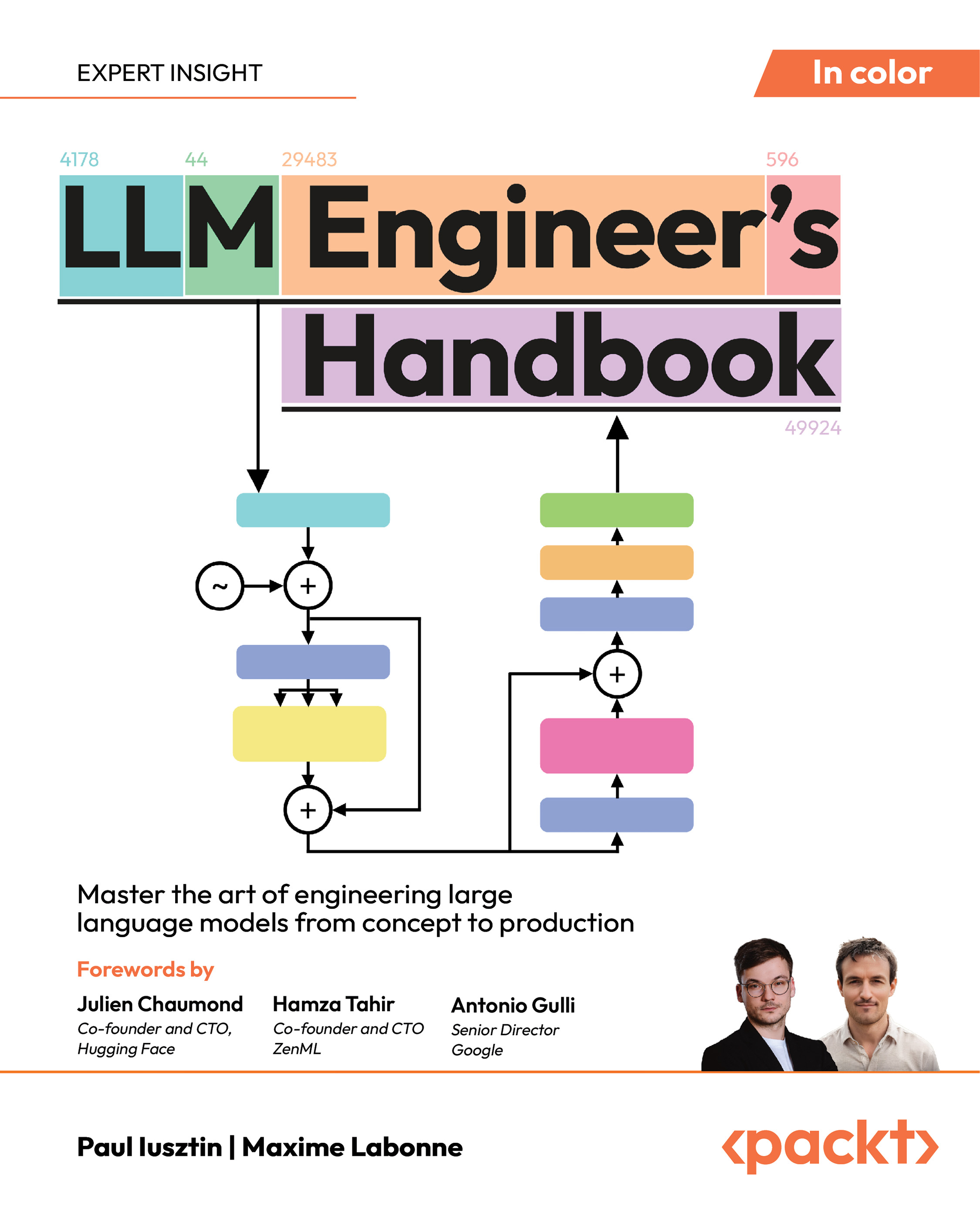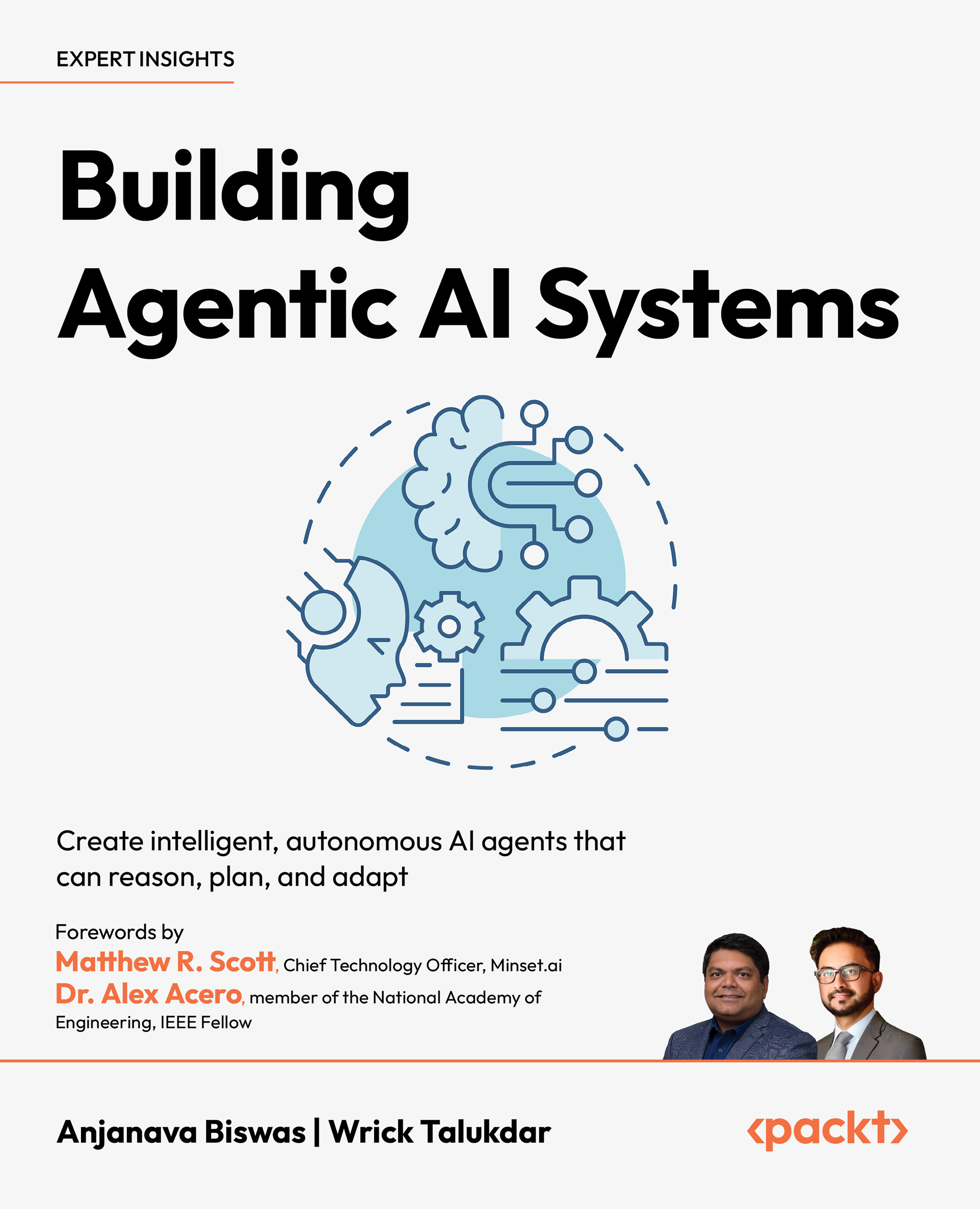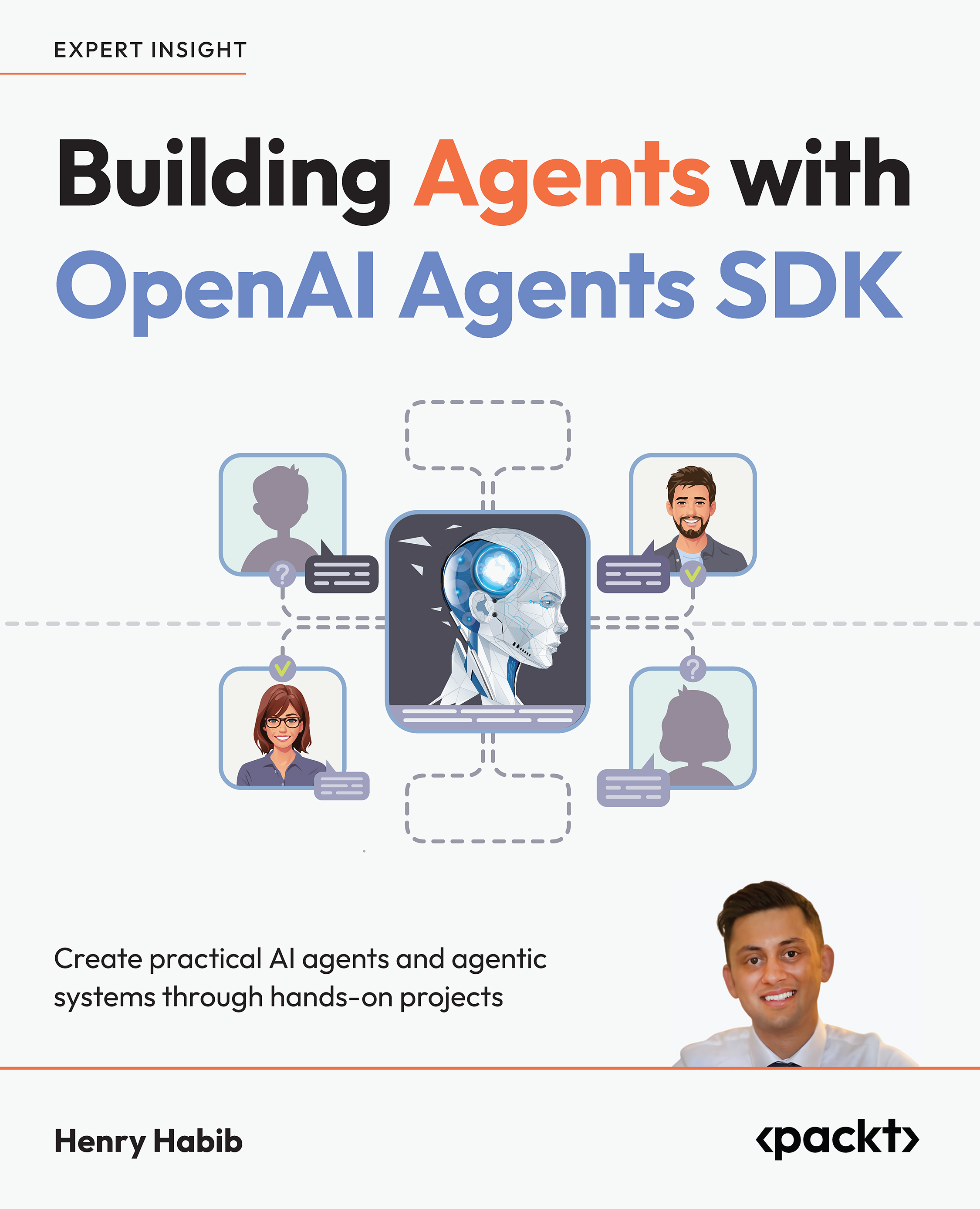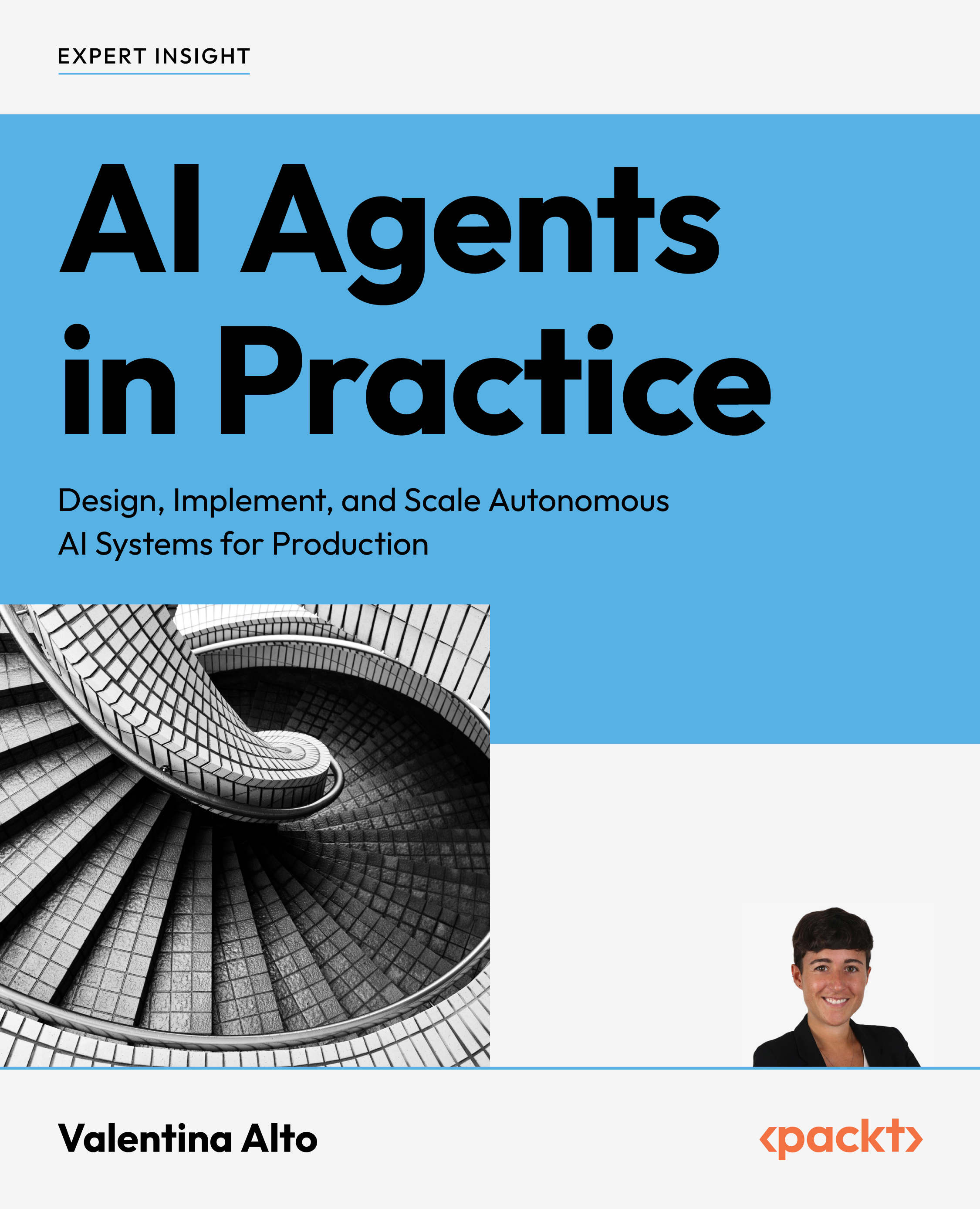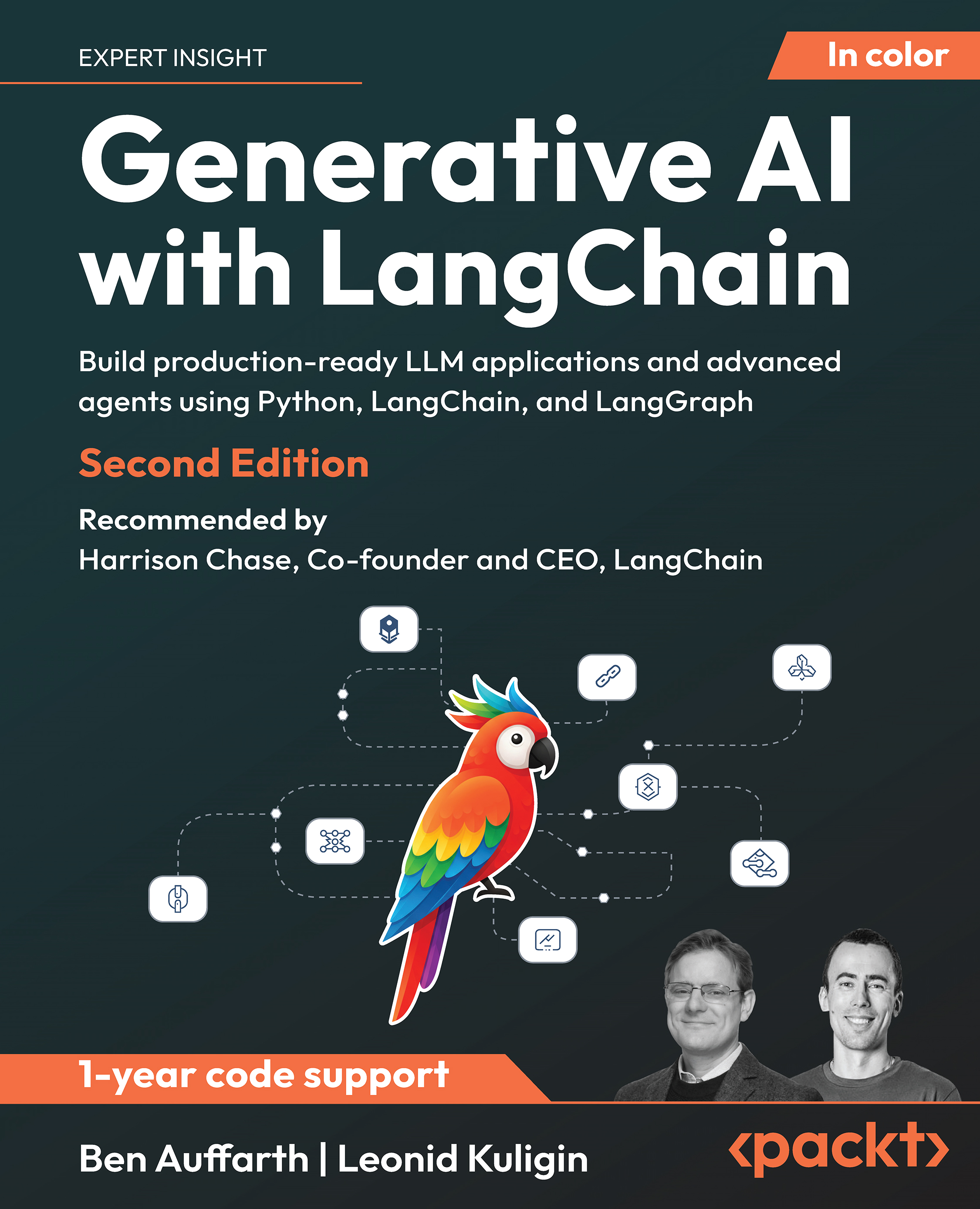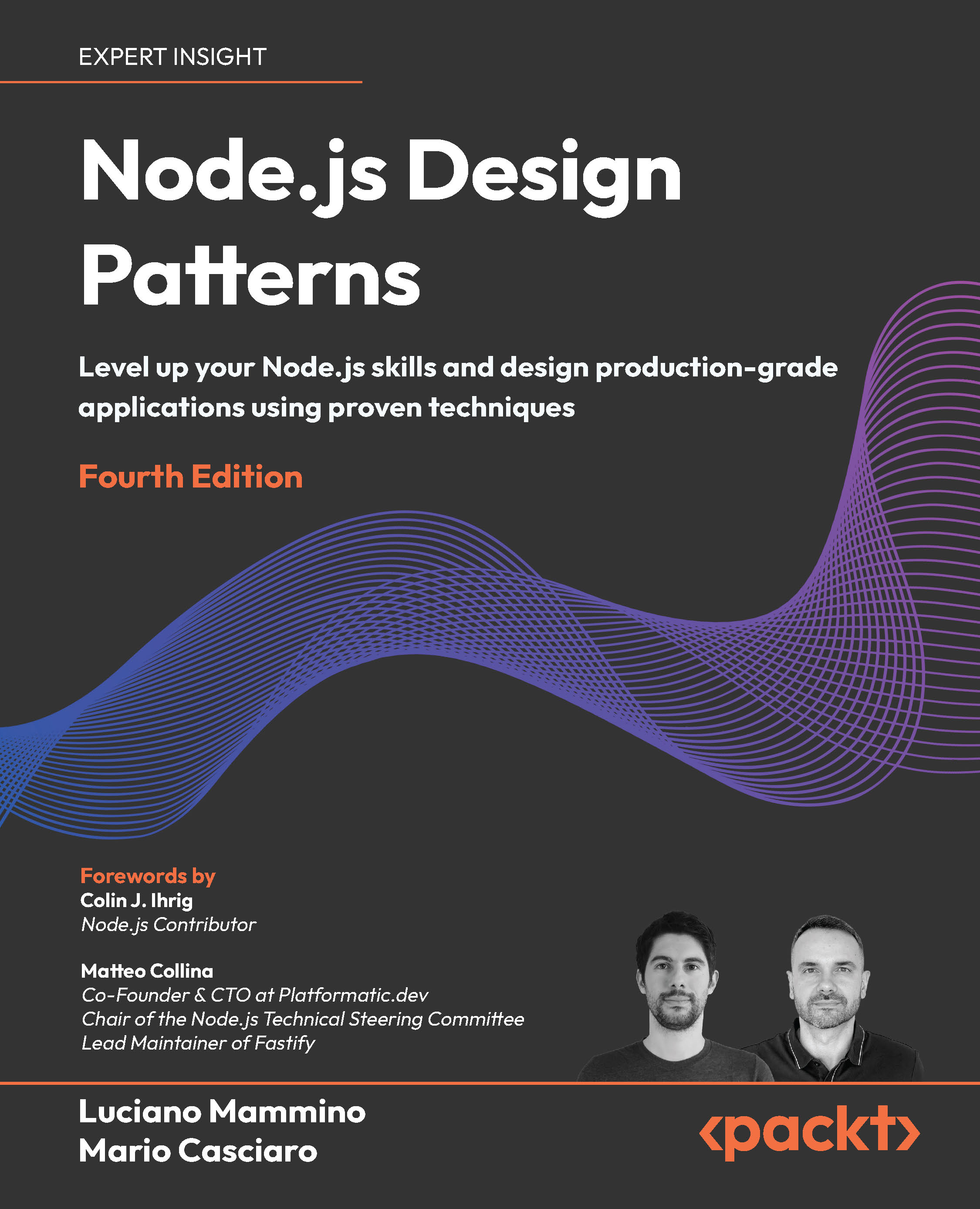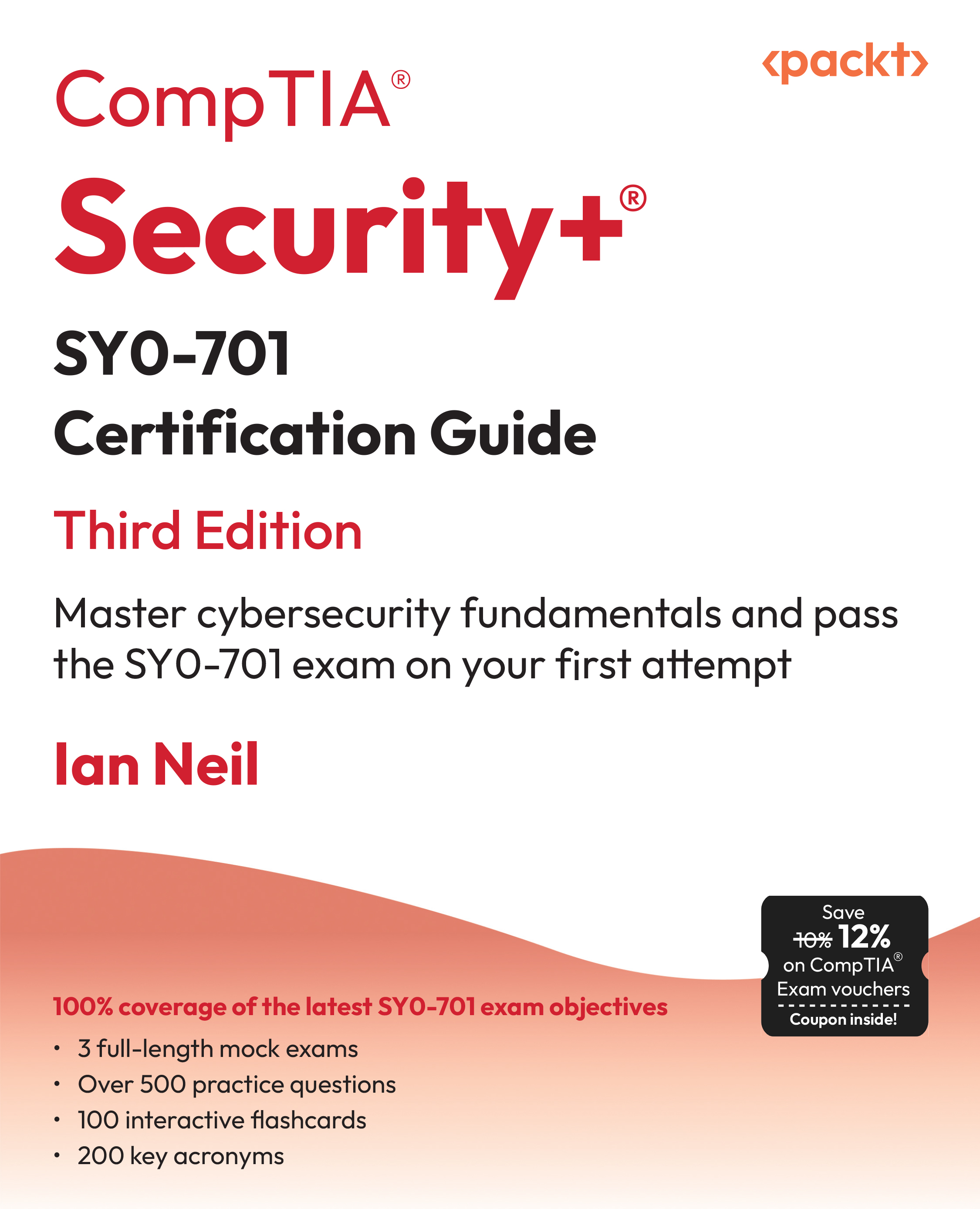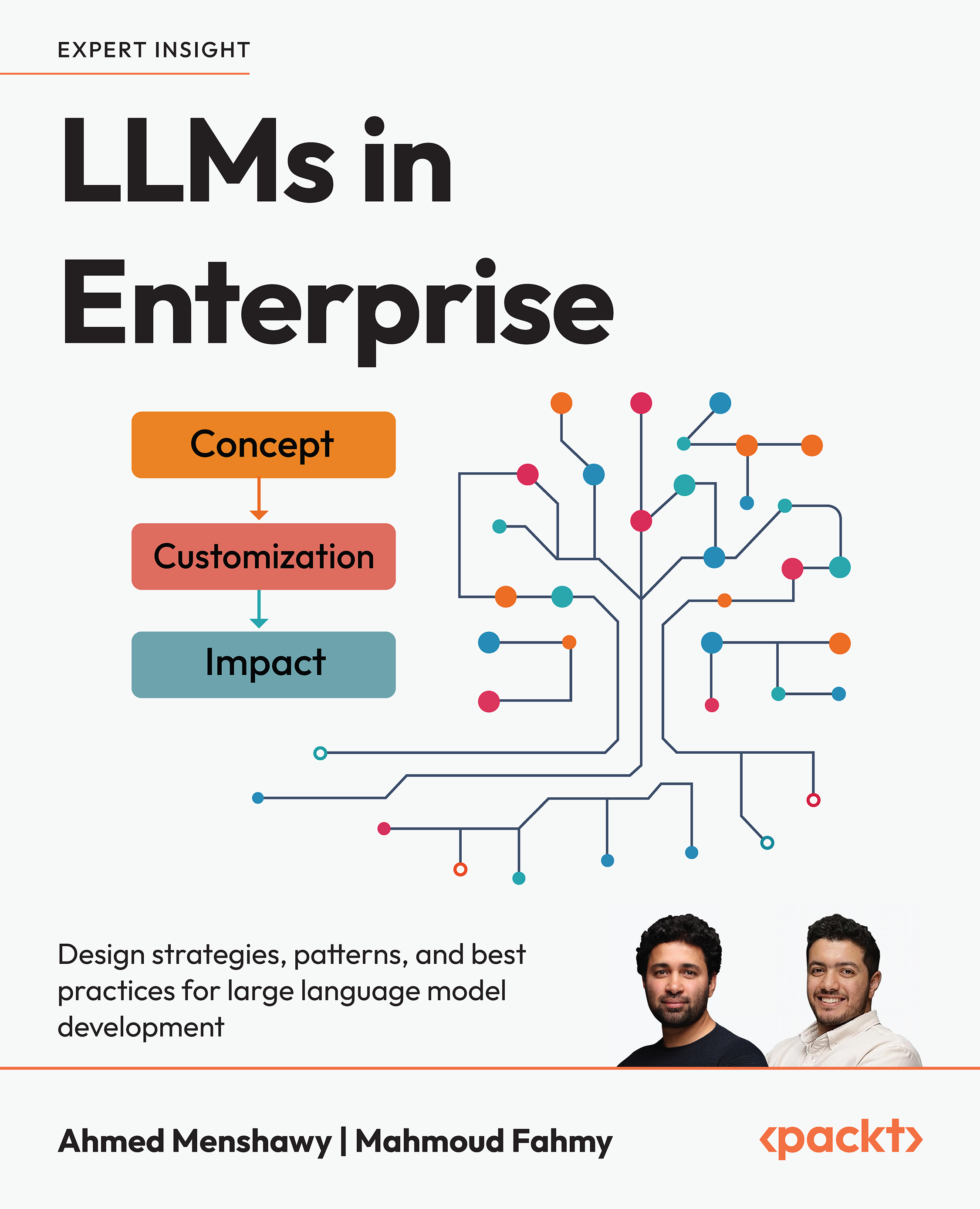Would you have told me, 4 years ago: “Eric, you’re going to write a book about computer science or data topics, and you’ll actually be apublished author,” I’d have laughed and said, “Come on, stop lying to me!”
But here we are.
In this article, I want to sharehow I ended up writing a book: the story behind the opportunity, the twists and turns that led me there, and the lessons I picked up along the way. In a follow-up post, I’ll dive deeper into what it was really like to go through the writing and publishing process.
The motivation for this article is to eventually motivate anyone reading this to take action and work hard towards their goals, whatever they are. A second motivation is to show how working towards your goals may end up giving you unexpected results (I never thought of writing a book before I was asked to do it!)
I’m 38 as I write these lines. I guess any story behind any personal outcome could be traced back to birth, but don’t worry, I won’t torture you with a detailed overview of my past! Still, there’s a wholewaterfall of eventsthat led me here, and that’s what I want to write about.
How I Became a Data Analyst
For a living, I have a job. I’m a data analyst. Although, to be honest, I actually do more of a data engineering role these days (with ETL tasks, integrating data into databases, and so on, it’s quite diversified).
I’ve written before aboutthe path I took to becoming a data analyst, but to summarize: I was a vineyard technician for 8 years, I learned Python to build my own tools, eventually I learned programming more extensively in college with distance studies and through a number of Coursera courses, and I effectively changed careers after sometime programming both at my work, or by doing personal projects.
It took me a long time to take the step of changing careers, in part because I started to learn programming (and program effectively) as a way to improve and automate tasks at my former job (which I didn’t dislike); also, at some point, there was some lack of confidence to make the switch. But over time, I realized that I loved programming and working with data even more than being a vineyard technician, and that gave me the push I needed.
Before officially changing careers, I had already learnedversion control, built a small GitHubportfolio(with README files and documentation about them). I also gained a foundation inSQL. I dabbled in web development withPHPandMySQL. I knew how to deal withLinux systems. During college, I had programmed inC, Bash, LISP, JavaScript, and Prolog, and I knew my way around Boolean logic, encoding, and binary calculations. I also knew some about statistics, analytical workflows, and data warehousing.
The reason I mention all this is: it was quite odd that I became a data analyst in the first place;I found that passion along the way. But at the same time, it wasn’t a miracle either;it was the result of hard work, and ultimately, it was the result of other people giving me a chance, based on what I was able to share with them. That is why it’s important tojust do things. Efforts will end up paying in one way or another. Byjust doing things, you’ll eventually end up doing too many things, and then you’ll have to choose which one… but until then, just start doing something you like!
And well, I also mention this because there’s no way I would have found out about Taipy, which is a Python library, had I not been proficient with Python!
Continue reading the full article on our Packt Medium Handle here.
 United States
United States
 Great Britain
Great Britain
 India
India
 Germany
Germany
 France
France
 Canada
Canada
 Russia
Russia
 Spain
Spain
 Brazil
Brazil
 Australia
Australia
 Singapore
Singapore
 Canary Islands
Canary Islands
 Hungary
Hungary
 Ukraine
Ukraine
 Luxembourg
Luxembourg
 Estonia
Estonia
 Lithuania
Lithuania
 South Korea
South Korea
 Turkey
Turkey
 Switzerland
Switzerland
 Colombia
Colombia
 Taiwan
Taiwan
 Chile
Chile
 Norway
Norway
 Ecuador
Ecuador
 Indonesia
Indonesia
 New Zealand
New Zealand
 Cyprus
Cyprus
 Denmark
Denmark
 Finland
Finland
 Poland
Poland
 Malta
Malta
 Czechia
Czechia
 Austria
Austria
 Sweden
Sweden
 Italy
Italy
 Egypt
Egypt
 Belgium
Belgium
 Portugal
Portugal
 Slovenia
Slovenia
 Ireland
Ireland
 Romania
Romania
 Greece
Greece
 Argentina
Argentina
 Netherlands
Netherlands
 Bulgaria
Bulgaria
 Latvia
Latvia
 South Africa
South Africa
 Malaysia
Malaysia
 Japan
Japan
 Slovakia
Slovakia
 Philippines
Philippines
 Mexico
Mexico
 Thailand
Thailand




